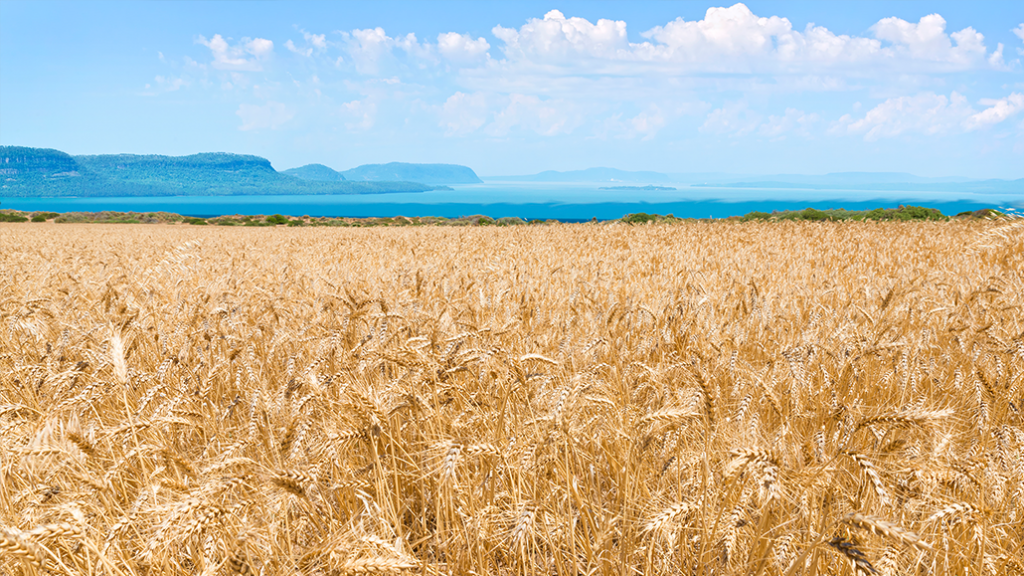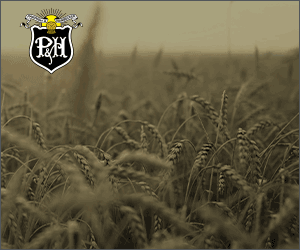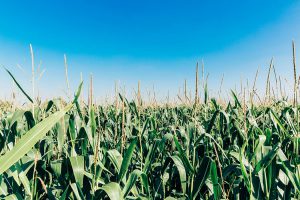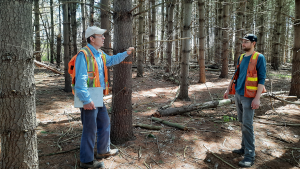Yield Enhancement Network
BETTER RESULTS THROUGH COLLABORATION

THE YIELD ENHANCEMENT NETWORK (YEN) is a global series of regional networks that help local farmers better understand their actual and potential yields and learn what is limiting that potential.
The Great Lakes YEN is a collaboration of five different organizations who will be working together. These five include Grain Farmers of Ontario, Michigan State University, Michigan Wheat Program, the Ontario Ministry of Agriculture, Food and Rural Affairs, and the University of Guelph.
The Great Lakes YEN is starting off with a focus on winter wheat in Ontario and the Great Lakes region of the U.S. with the potential to expand in scope in future years.
“The success of the YEN will be directly correlated to the level of collaboration between all members of the team. From extension and academic participants with their keen knowledge of the science of wheat development, to the in-field experiences of the farmers and extension staff,” says Marty Vermey, Grain Farmers of Ontario’s senior agronomist. “Learnings from the year will be shared through the collaboration so that all may gain a better understanding of the critical development and management strategies in wheat production. Since the Great Lakes growing region is very similar, the expanded expertise from a broader group will bring in more insights.”
Farmers that participate in the Great Lakes YEN will be asked to monitor their wheat field at a very detailed level. They will be able to better understand the impacts of each critical input of crop production and compare how their field measures up to and performs within the group.
These insights will help farmers across Ontario and Michigan understand what might be limiting their field’s potential and give them the correct knowledge to make adjustments on their farm.
One of the previous learnings from a YEN project in the United Kingdom was that 15 tonnes per hectare is possible almost anywhere in the country. Results seem to be based less on what you spend and more on your attention to detail.
THE GOAL
The Great Lakes YEN is designed to connect those within agriculture together. By using the resources we have here in Ontario and in Michigan, such as extension specialists, agronomists, and academics, crop returns will be improved by unlocking the potential of the field by closing gaps between potential and actual yield.
The Great Lakes YEN approach is to consider the modeled yield potential of the season and compare it to the actual yield achieved. The research will look at the development of a given crop, the basic resources available to that crop, and then its success in capturing these resources and converting them into grain yield and quality.
Each farm is benchmarked, evaluated on how an individual fields performance measures up to its potential, and how it compares to others who are partaking in the Great Lakes YEN.
FARMER INVOLVEMENT
The Great Lakes YEN will help farmers learn more about how their wheat crop develops and what the key components of yield are. This is a program that will encourage farmers to try new things and learn from data that is comparable across the Great Lakes region. It is an opportunity to share and improve knowledge and datasets. The hope is that the Great Lakes YEN will help farmers work with their peers to bring greater benefit to their farms, their farming practices, and to their bottom line.
Farmers participating in the project will be collecting soil, tissue, shoot, and grain samples at specific times throughout the year and sending them to a lab for analysis. It is important that farmers follow the YEN protocol and submit the required data in order for the project to be a success. The project committee is choosing farmers based on a number of criteria, including specific geographical areas to ensure there are diverse soil types in the program.
Farmers will need to share their crop production practices as well, so that researchers can analyze what inputs or field management techniques are causing the crop to behave in a certain way.
An open call for farmer participants was made in July. One hundred farmers (half from Ontario and half from the U.S) are being selected for the first official year of the project which will see harvest in 2022.
More information on the Great Lakes YEN can be found at www.GreatLakesYEN.com.
Paige Miller is a communications coordinator with Grain Farmers of Ontario. •











